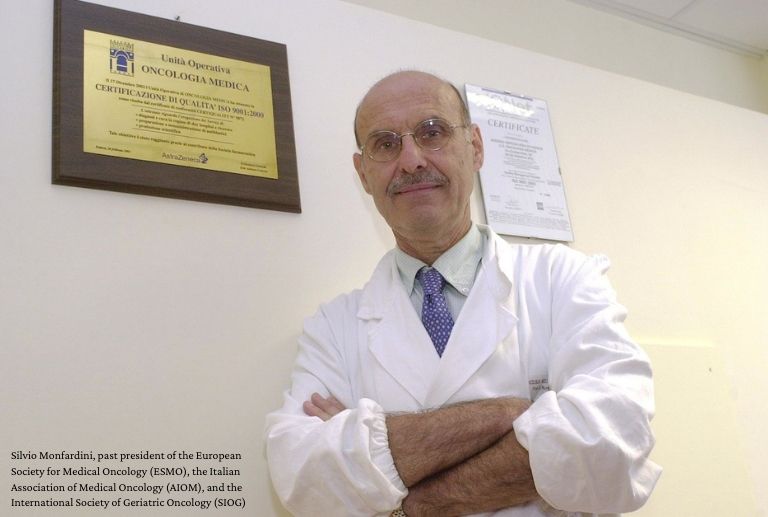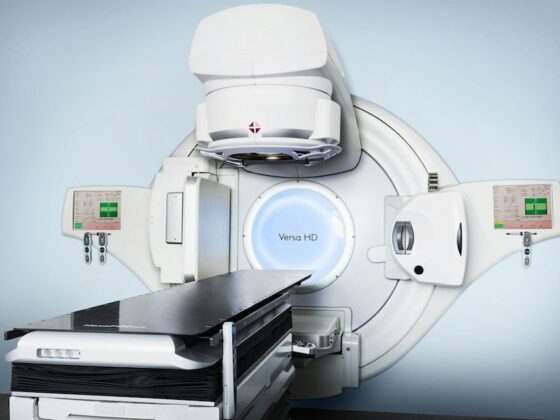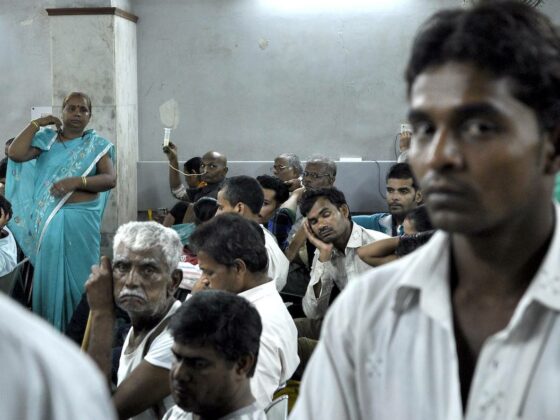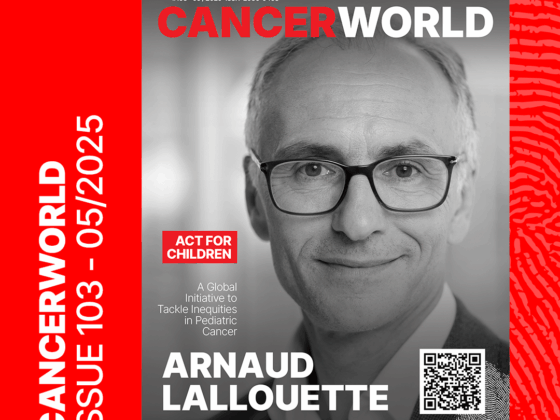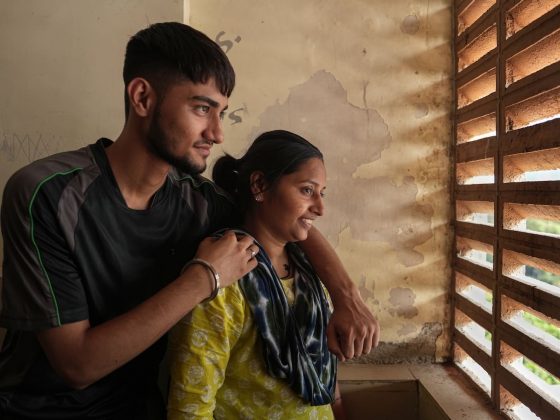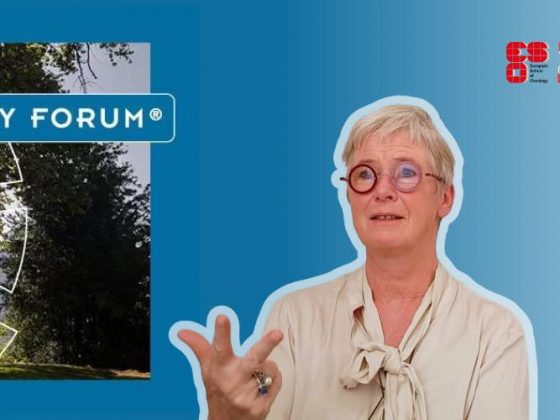The genomic revolution and advances in technology are making the pursuit of innovation in oncology increasingly challenging. In Italy, the number and the diversity of the players in the field of experimental and clinical research, and the output of indexed publications by Italian researchers, might be seen as positive and in line what is needed at this time. The Italian contribution to cancer research over the past 50 years has certainly been significant. What is lacking is a structured coordination among the various actors, including the Cancer Institutes, other research institutions, universities, general hospitals, and governmental agencies.
To illustrate this lack of planning and organic cooperation, it’s worth listing the main components of this rich scientific scenario.
Scientific Institutes for Care and Research
Among Italy’s many Scientific Institutes for Care and Research (Istituti di Ricovero e Cura a Carattere Scientifico, IRCCS) are ten Cancer Institutes, which are devoted purely to oncology research and care. These have been the backbone of most of cancer research in the country. Some clinical and basic research in oncology is also carried out by generalist IRCCS centres. These institutions all come under the Ministry of Health, but the Ministry’s primary responsibility is governance of the National Health Service, not biomedical research.
Universities
Universities come under the remit of the Ministry of Education, University and Research (MIUR).The research carried out by academia is free-ranging by definition, and a comprehensive national approach is not appropriate. However, many university hospitals participate in public interest programmes and projects. Laboratory and clinical cancer research is also carried out in Italian universities.
National Institute of Health
Italy’s National Institute of Health, the Istituto Superiore di Sanità (ISS), is a structure within the Ministry of Health that has a research remit and also provides consultancy for the National Health Service. This means it is likely to be involved from time to time with problems related to cancer control.
National Research Council
Italy’s National Research Council, the Consiglio Nazionale delle Ricerche (CNR), is a research entity with a broad range of research projects in the main fields of science. It is formed of a galaxy of research institutes and departments within other structures under the control of the Universities and Scientific Research Ministry. Oncology is one of many fields of action.
The Italian Medicines Agency
The Italian Medicines Agency, the Agenzia Italiana del Farmaco (AIFA), is a public body operating under the direction and supervision of the Ministry of Health and the Ministry of Economy and Finances. It is in charge of registration and market access for new medicines, ensuring a unified national pharmaceutical system with a strong scientific evidence base. It is also responsible for the governance of pharmaceutical expenditure, and carries out health technology assessments to assess the impact a new drug would have on the overall healthcare budget. This role requires AIFA to be involved in the process of testing and developing new anticancer drugs.
Clinical Oncology units/departments in general hospitals
A significant amount of clinical and laboratory cancer research is carried out in the larger general hospitals across the country.
National cancer cooperative groups
More than 15 cancer cooperative groups have been developed in Italy on a goodwill basis. They link together clinical investigators by the cancer of interest or, less frequently, by geographical area.
AIRC Foundation for Cancer Research in Italy
AIRC is a foundation set up to support cancer research in Italy. It raises funds to finance cancer research, mainly basic and laboratory research, all over the country, with grants awarded to projects according to their perceived merits. Cancer research work carried out at university laboratories, hospitals and scientific institutes is often funded by this charity.
Fragmented coordination
Two organisations have been set up to address the need to coordinate clinical cancer research activities that are scattered across the whole country. The Alliance Against Cancer, Alleanza contro il cancro (ACC), was set up in 2002. Promoted by the Ministry of Health, it is funded by the oncology IRCCS centres (the Cancer Institutes), with the participation of other public or independent IRCCS institutes with an interest in cancer research. The ACC has limited funds at its disposal, and involves only a part of the oncology research community. In 2015, the Federation of Italian Cooperative Oncology Groups (FICOG) was set up with a mission to develop and implement clinical research in Italy and internationally. FICOG now includes 17 cancer cooperative groups.
While these two organisations are helping improve coordination and avoid duplication, a more comprehensive approach is needed to develop a national strategic plan that harnesses and directs the energies of all research actors.
National Cancer Institutes: some examples
In other countries, the role of driving, funding and overseeing all cancer research activities is carried out by National Cancer Institutes, conceived as governmental agencies. The best known are those in the USA ‒ the National Cancer Institute (NCI) ‒ and in France ‒ the Institut National du Cancer (INCa)
The US NCI was established in 1937 by Congress to provide additional support for cancer research. It was conceived as the Federal Government’s primary agency to address cancer research and training. Its main responsibilities include:
- conducting, coordinating, and promoting research and studies relating to the cause, diagnosis, treatment, and prevention of cancer,
- reviewing and approving grant applications to support promising cancer research,
- assisting and promoting similar research at other public and private institutions.
The French INCa was established by the French Public Health Act of 2004, as a national health and science agency specialised in cancer control, under the auspices of the Ministry of Health and Solidarities and the Ministry of Higher Education, Research and Innovation. INCa takes an integrated approach that encompasses all aspects of cancer control and intervention. The strategic goals related specifically to research are to:
- support emerging fields such as genomic studies, experimental study models, biology and immunology,
- translate fundamental discoveries into advances for the benefit of the population and patients as quickly as possible,
- increase the availability of biological and clinical resources for researchers,
- develop clinical trials, in particular, new molecular-driven trials tailored to targeted therapies and more broadly to innovations in drugs or technologies,
- strengthen France’s leading position in personalised medicine.
The leading role in cancer research played by the US NCI is well known. At the level of Europe, the French INCa has demonstrably boosted progress in cancer research in France, and consequently in Europe.
A cancer research case study: geriatric oncology
To demonstrate how only a governmental agency can carry out national concerted and continuous research, it may be useful to look at the example of research relating to cancer in the elderly, and explore how this field has been approached in the USA and in France.
The role of the US NCI in the development of geriatric oncology research has been evident since 1983, when the first conference for cancer in the elderly was organised in Bethesda, Maryland (R Yancik and PP Carbone, Raven Press, New York, 1983). This was followed by other meetings and by the establishment of a national funded training programme in Geriatric Oncology. In 2005 grants given to the NCI and the National Institute of Aging (NIA) funded selected cancer centres to study aspects of diagnosis, care and follow-up where a specific approach may be needed for elderly patients.
Further support for research in the field of geriatric oncology came with a conference series on ‘Geriatric Oncology Research to Improve Clinical Care,’ led by the Cancer and Aging Research Group, which was funded by an NCI U13 grant, and analysed the areas of highest research priorities in geriatric oncology.
In France, Geriatrics and Geriatric Oncology were recognised in 2006 as major national health priorities. Fifteen pilot units in geriatric oncology were established in the main cities, with goals that included:
- motivating and supporting clinical and translational research,
- developing collaboration between geriatricians and oncologists,
- developing professionals and care structures across the country.
In 2011 the number of these units was increased to 27.
Today the main research contributions in terms of indexed publications, abstracts and presentations at international meetings on Geriatric Oncology come from the USA and France.
Why Italy needs a National Cancer Institute
Italy invests less in research than other industrialised countries, and funding and salary levels in research are consistently poorer. There is no economic development without scientific research, and this includes research to improve cancer diagnosis and therapy. The need for greater public investment in research has been repeatedly stressed in recent years. However, the country also needs a structured coordination among the many players involved in cancer research, which is not happening at the moment.
A proposal to set up a National Cancer Institute, dedicated to cancer research, seems feasible, particularly considering the burden of this disease, and its human, social and political implications. The additional research challenges posed by the ongoing scientific revolution in emerging fields such as genomics and immunology make the case for a National Cancer Institute even more compelling.
In Italy, due to the peculiarity of the National Health Service, healthcare is the statutory responsibility of regional authorities. This means any National Cancer Institute could not be involved in patient care and training, but would deal only with cancer research, with the aim of ensuring positive research results are rapidly incorporated into the care delivered by the health service.
An Italian National Cancer Institute could take the form of an independent agency under the umbrella of the Ministries of Health and of Research (MIUR). It should be set up and led by Italian experimental and clinical cancer researchers. Its purpose should be to plan, drive, coordinate, fund and oversee all cancer research in Italy.
The advantages of such a body include facilitating:
- strategic planning for cancer research, allowing continuity of action,
- coordination, to avoid duplication and gaps,
- possible attraction of private funds,
- allocation of projects grants,
- a unique platform for access to EU research programmes.
Italy’s contribution to cancer research, measured by the number of indexed publications over the past 50 years, is among the highest in Europe. This has been achieved despite the lack of any structured coordination among the contributing institutions ‒ Cancer Institutes, other research centres, universities, general hospitals and governmental agencies.
In other countries, planning of cancer research is provided by a single specific national agency, which over the years has led to documented progress. Italy needs such an agency: it could greatly improve cancer research and facilitate the rapid translation of innovation to patient care, particularly given the challenges posed by the scientific revolution now taking place in the field of cancer research.
An Italian National Cancer Institute could plan, drive, coordinate, fund and oversee cancer research for all Cancer Institutes and help avoid duplication and gaps. For the time being, given that healthcare delivery is in the hands of the of 21 regional authorities (each with its own organisational framework), the scope of the Italian National Cancer Institute should be limited to cancer research, though it should also provide consultancy for those involved in delivering healthcare.
The author wishes to thank Dr Daniela Minerva for editing this manuscript

